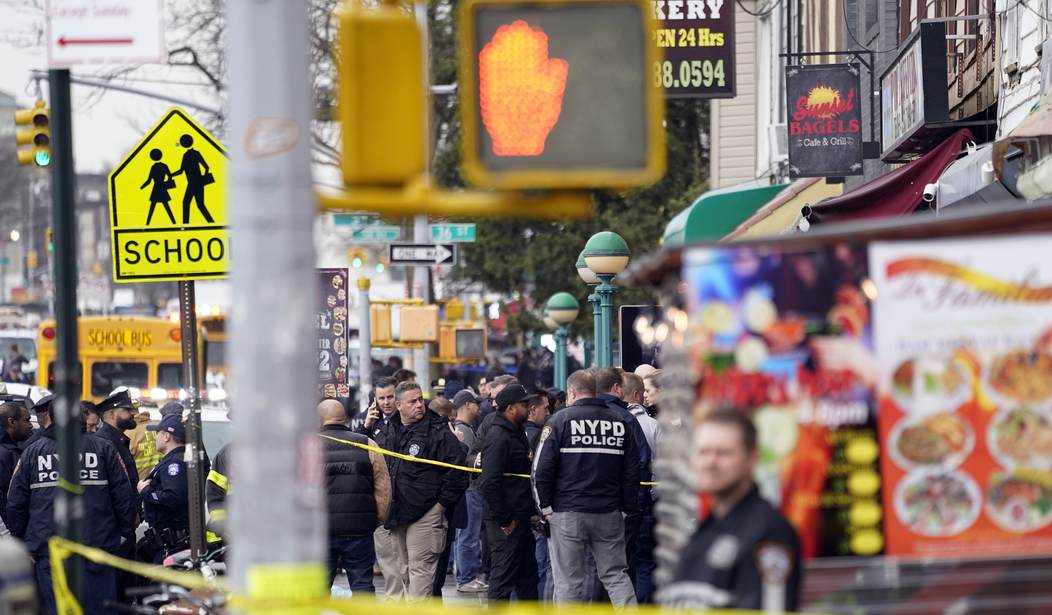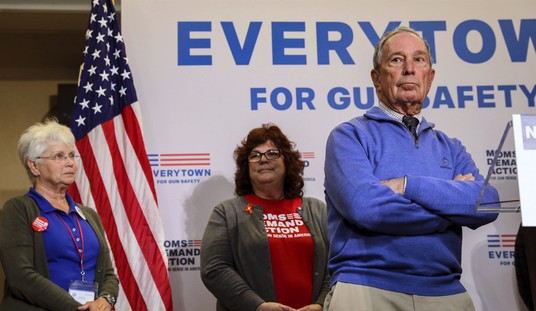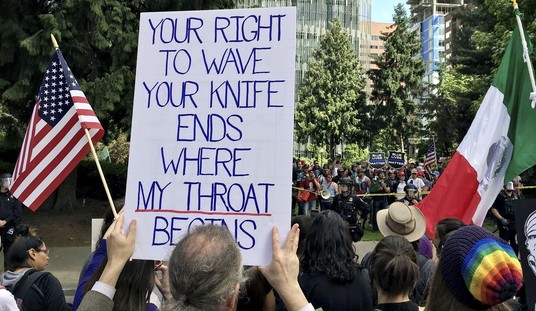In just a little over two weeks, New York’s post-Bruen gun control laws will take effect, turning much of the state into a gigantic “gun-free zone” and imposing a host of new requirements on concealed carry applicants. The measures, which were approved at breakneck speed without the public or even law enforcement given a chance to see the text of the legislation beforehand, are facing a number of court challenges, including a lawsuit filed by Gun Owners of America and New York gun owner Ivan Antonyuk that’s seeking an injunction blocking the new statutes from being enforced. Now, the state of New York has responded to the litigation; declaring that the plaintiffs don’t have standing to sue, but even if they did, the laws should be upheld because of the “chaos and fear” that would ensue if they’re struck down.
In a new filing in the U.S. District Court in the Northern District of New York, NY AG Letitia James claims that every one of the new laws in question is constitutional; from the “good moral character” requirement to the state’s default position that all private property is off-limits to lawful concealed carry unless (in some circumstances) the property owner specifically notes via signage that guns are welcome. Violations of that policy are a felony-level offense under the new laws, and those convicted of even accidentally stepping foot onto a property where guns are banned could face years in prison and the lifetime loss of their Second Amendment rights.
Under the legal test laid out in Bruen, it’s up to the state to prove that the laws in question comport with the text, history, and tradition of the Second Amendment, but her evidence is scant at best. Take the AG’s defense of the requirement that concealed carry applicants must subject themselves to an in-person interview with law enforcement and provide character references before they can be approved. According to James, “There is nothing unique about these requirements, which are present in the laws of many states, including several of the ‘shall-issue’ states specifically endorsed by the opinion in Bruen,” but the AG then goes on to cite the laws in several may issue states like New Jersey and Maryland.
See, e.g., 11 Del. Code § 1441(2) (requiring references from “5 respectable citizens of the county in which the applicant resides at the time of filing the application”); Or. Rev. Stat Ann. § 166.291(4) (requiring two “character references”); see also Md. Code Regs. 29.03.02.03(B)(5) (“Information received from personal references and other persons interviewed” will “be a part of the investigation of every applicant.”); N.J. Admin. Code § 13:54-2.3 (“The application . . . shall be endorsed by three reputable persons who have known the applicant for at least three years . . . and who shall also certify thereon that the applicant is a person of good moral character and behavior.”); Application for a Pennsylvania License to Carry Firearms, TD Ex. 34 at 3, available at https://bit.ly/3zJtWaC (requiring “two references who are 21 years of age or older and are of no relation to you”).
Half of the four states cited by James are (or were until the Bruen decision was handed down) “may issue” when it comes to issuing carry licenses, though Delaware and Pennsylvania are both “shall issue.” The fact that James could only point to four states is, in itself, a sign that these types of restrictions are not in widespread use and is more an indication that these types of mandates are outliers and not the norm when it comes to the issuance of concealed carry licenses.
James doesn’t attempt to provide any historical analogues to the state’s new requirement that applicants share all social media accounts with law enforcement to help them determine their “good moral character,” instead arguing that the state has the authority to prevent “dangerous” people from obtaining a license and that perusing social media will allow police to identify potential threats from applicants before they’re approved. The only nod to the history and tradition of the right to keep and bear arms is James’ assertion that the requirement “imposes a comparable burden to traditional disqualifications for dangerousness and based on a comparable individualized assessment of a person’s character – the only difference is that part of the assessment involves online behavior.”
You can read the entire response from James here, but I’ll leave you with this last bit of hyperbole on the part of the AG, who claims that if New York’s new laws are blocked from being enforced, chaos will ensue.
Enjoining the requirements for in-person interviews, references, or social media checks would severely undermine the ability to assess a person’s dangerousness, resulting in licenses (and guns) going to people who should not have them. Guns would immediately be allowed in a host of inappropriate places – courts, churches, playgrounds, libraries, nursery schools, addiction facilities, domestic violence shelters, and polling places, just to name a few, sending those locations into entirely predictable chaos and causing fear in places where the public should be able to feel safe.
To the extent an injunction purported to allow people to carry guns onto private property, it would do tremendous harm to the rights of property owners and lessees statewide, without their ever having a chance to be heard. And an order enjoining training requirements would result in licenses being granted to persons who have not established the competence to handle a deadly weapon.
New York’s new laws are unlike anything seen in the vast majority of states around the country, both in terms of its licensing requirements and its expansive and exhaustive list of “sensitive places” where lawfully bearing arms is a felony offense. The “chaos and fear” that James assumes will take place if these laws are enjoined from being enforced is, frankly, already being felt by the hundreds of thousands of New Yorkers who want to be able to carry a firearm for self-defense but won’t be able to, even as cities like Rochester are on pace for record high homicide rates because violent criminals aren’t following the state’s gun control laws in the first place. James’s argument basically boils down to the idea that people will be safer if the number of legally-armed citizens is few and far between; an argument that not only flies in the face of logic but the Constitution as well.








Join the conversation as a VIP Member